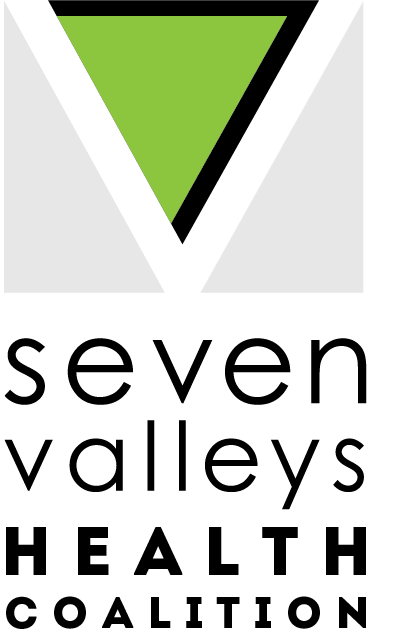#FarmerFridays: What Is Food Sovereignty?
"Food sovereignty" was a term coined by members of Via Campesina that affirms how people who produce, distribute, and consume food should control the mechanisms and policies of food production and distribution, rather than the corporations and market institutions they believe have come to dominate the global food system.
It also encompasses the right of peoples to healthy and culturally appropriate food and their right to define their own food and agriculture systems.
The Six Pillars of Food Sovereignty are:
Focuses on food for people: The right to food which is healthy and culturally appropriate. Food is not simply another commodity to be traded or speculated on for profit.
Values food providers: Food sovereignty asserts food providers’ right to live and work in dignity.
Localizes food systems: Food must be seen primarily as sustenance for the community and only secondarily as something to be traded.
Puts control locally: Food sovereignty places control over territory, land, grazing, water, seeds, livestock and fish populations on local food providers and respects their rights. They can use and share them in socially and environmentally sustainable ways which conserve diversity.
Builds knowledge and skills: Food sovereignty calls for appropriate research systems to support the development of agricultural knowledge and skills.
Works with nature: Food sovereignty requires production and distribution systems that protect natural resources and reduce greenhouse gas emissions, avoiding energy-intensive industrial methods that damage the environment and the health of those that inhabit it.
Knowledge is power! Now that you know a bit about what food sovereignty is--how are you supporting food sovereignty in your community? Want to get involved in local food-systems issues? Contact Rose to learn about the Cortland area Hunger Coalition or Gabrielle to learn about Cortland Food Project.

